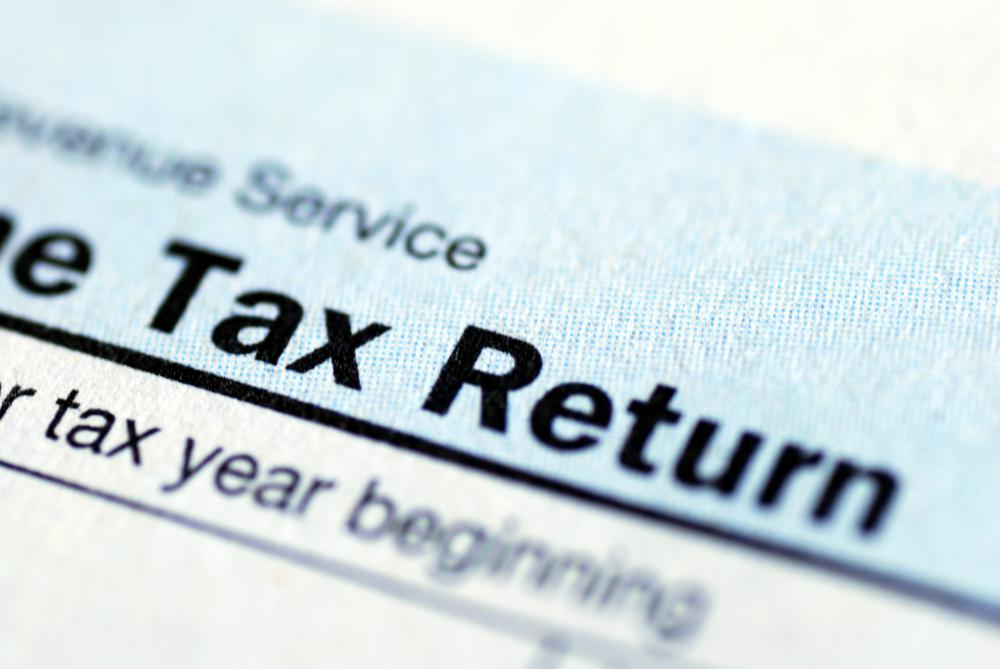At SmartCapitalMind, we're committed to delivering accurate, trustworthy information. Our expert-authored content is rigorously fact-checked and sourced from credible authorities. Discover how we uphold the highest standards in providing you with reliable knowledge.
What is a Business Loss?
Business loss is a state that occurs when a company fails to generate enough revenue to cover all expenses associated with the operation of the business. This disparate relationship between profit and loss often results in the ability to claim the loss as a tax deduction, although that is not always the case. Companies generally prefer to avoid business losses if at all possible, and will usually take action to eliminate or at least reduce the amount of the loss.
Along with businesses, individuals may also experience a business loss. People who choose to support themselves with freelance work may incur such a loss when their efforts do note generate enough business volume to cover all the expenses associated with offering those services. Like businesses, a freelance professional may or may not be able to claim such a loss as a deduction on a tax return, based on currently applicable tax laws.

Investors may also experience a business loss. This occurs when a stock or other type of security fails to maintain a value equal to the purchase price. If during the course of a calendar year the option price falls below the amount paid for the option initially, the investor begins to lose money on that investment. When this happens, it may be possible to use the loss to offset the gains made with other investments and thus minimize the overall tax burden.
Even though there may be some slight tax advantages associated with a business loss, the loss is rarely viewed as a positive event. This is because businesses normally are not able to operate at a loss forever. While it is true that many new businesses go through a period of several years of loss, the expectation is that eventually the company will begin to operate at a profit. Once it is clear the business will not become profitable, the company is shut down and the asset liquidated as a means of partially repaying investors and backers.
In terms of business operations, any portion of the business loss that remains after taking all allowed tax deductions may be classified as a net operating loss. However, it is important to note that tax laws vary greatly around the world and the incidence of a loss may not automatically lead to a full or even partial deduction of the loss. When there is an apparent lack of sufficient income to offset the expenses of a business venture, it is always a good idea to consult a tax professional.
AS FEATURED ON:
AS FEATURED ON:











Discussion Comments
How exactly do we offset the loss in value of a stock with other profiting investments? And what happens if all investments are in loss? Will bankruptcy be inevitable for the business then?
I think there is a tax deduction if a stock has become totally worthless, but it doesn't apply if the stock has even a little bit of value, even if it is much less than what it was initially. This deduction is not enough to make up for the loss anyway.
Are there any other options other than waiting and hoping for the stock to regain value?
@ddljohn-- I helped my brother with his business for a short time and learned about deducting losses a little bit. The laws are different depending on the circumstances but there are two major categories for gains and losses. I believe they were ordinary gains and capital gain; and ordinary loss and capital loss.
Ordinary gain and loss is basically the profit or loss that you make from the product or service that you are selling. Capital gain and loss is the profit or loss you make from selling property.
The IRS has a law that you can only deduct your ordinary loss from your ordinary gain and your capital loss from your capital gain.
So the answer to your question is that, yes, a business can sell property to prevent or lower their ordinary loss. But when it comes to deducting it, they will not be able to do that. So, businesses are unlike to go to this route, especially if they are expecting their tax deductions to improve their situation.
I'm curious, how far do businesses generally go to prevent losses? I know businesses usually have some assets like cash, stocked products and equipment on hand. Is it normal for the business to use all such assets to prevent a loss?
In class we learned that profit is calculated by subtracting cost from turnover. If loss is calculated within the period of a year, how early on can the business use this calculation to know that it will have a profit or loss at the end of the year? I think if it can be foreseen, the business may be able prevent the loss from happening. If it cannot be foreseen though, I imagine it would be very difficult to manage when there is a very short amount of time.
Post your comments